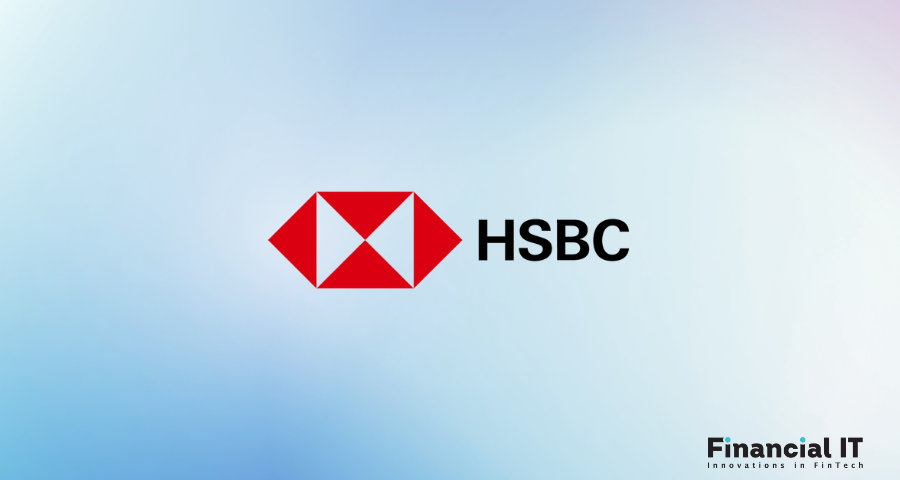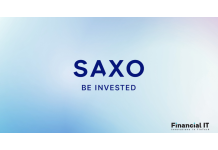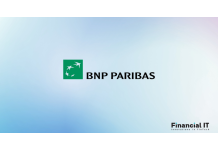LIQID Enters Partnership with Upvest for Its ELTIF...
- 01.12.2025 10:35 am
Round Up and Invest: A New Feature of the Dutch App
- 26.11.2025 02:35 pm
Episode Six and Sharesies Partner to Launch New Debit...
- 24.11.2025 09:35 am
Zopa Bank partners with Upvest to launch Investments...
- 21.11.2025 09:55 am
Zuto Secures Majority Investment From Bridgepoint to...
- 19.11.2025 11:55 am
Saxo UK Partners With Female Invest to Mark 50 Years...
- 12.11.2025 03:45 pm
Barclays Announced as Cornerstone Investor in Salica...
- 12.11.2025 09:55 am
M2 Capital Announces $21 Million Investment in AVAX...
- 15.10.2025 02:15 pm
Tabby Invests in NVIDIA HGX Systems to Power Advanced...
- 13.10.2025 11:10 am
NatWest Invests in JS Group to Enhance the Delivery...
- 08.10.2025 01:15 pm
FIS Launches Enhanced Private Capital Suite To Power...
- 23.09.2025 01:25 pm
BNP Paribas Securities Services Partners with...
- 23.09.2025 12:35 pm






















